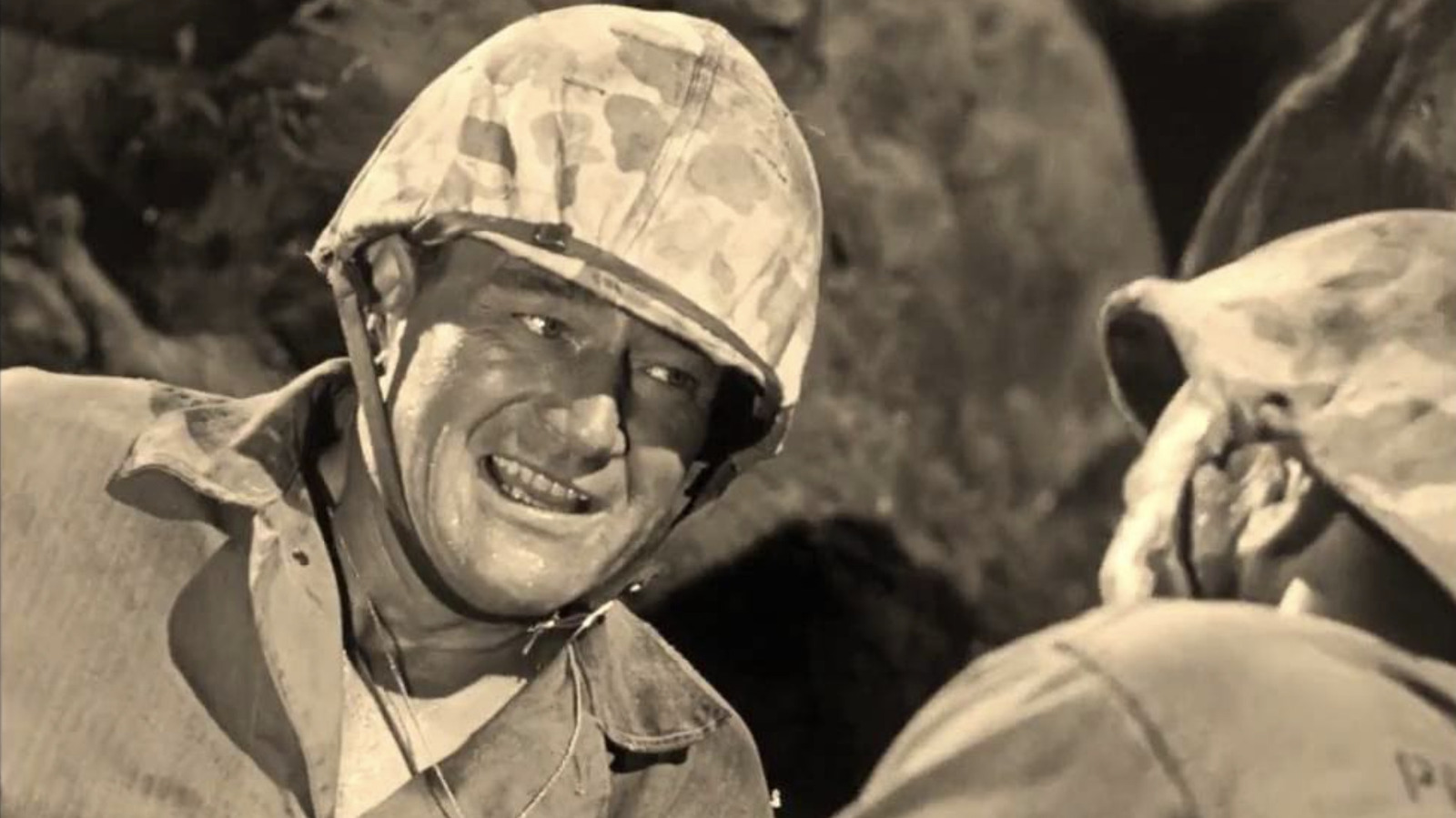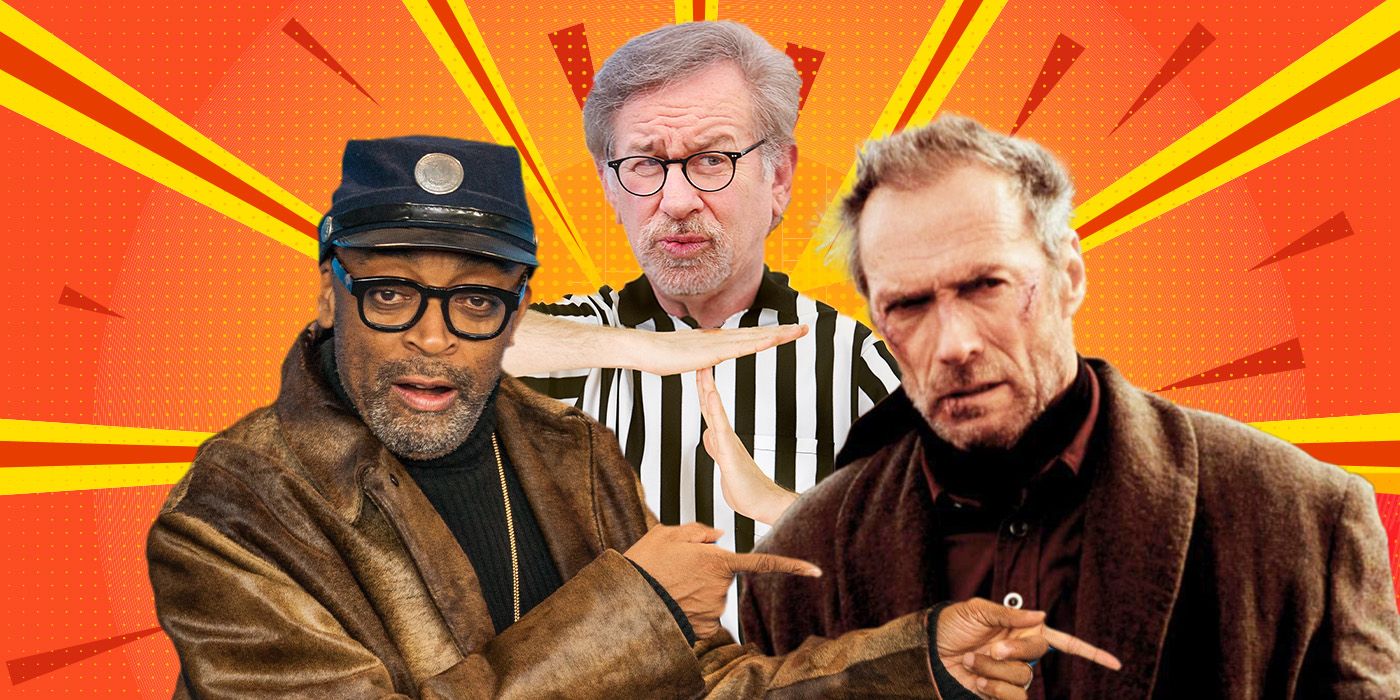





Ozzy Osbourne, the legendary rock musician, has revealed that the movies 'Schindler's List' and 'Hitler, a Film from Germany' have had a profound impact on him and believes that everyone should see them. Directed by Steven Spielberg and released in 1993, 'Schindler's List' is based on the novel 'Schindler's Ark' and portrays the horrors of the Holocaust and one man's mission to save Jewish refugees. Ozzy, who was born in 1948 and grew up in Birmingham, England, a city heavily affected by air raids during World War II, has been influenced by the events of the war throughout his life. He has sung many anti-war songs and has advocated for harmony, peace, and unity. Ozzy mentions that 'Schindler's List' is done in a way that has a profound impact and that it doesn't compare to the real-life experiences of those who lived through that period. He also mentions 'The Godfather' as another impactful movie [28798707].
In addition to 'Schindler's List', Ozzy also recommends 'Hitler, a Film from Germany'. The experimental 1977 film, with a runtime of 442 minutes, was recently screened at Film at Lincoln Center in New York. The film features non-linear and non-narrative scenes with explicit content and historical references. The screening sold out and prompted an encore screening over two nights. The audience consisted mostly of older individuals, many of whom had read the book written by the film's writer and director. Although the author of the article did not make it to the second showing, they admired those who did. The runtime and content of the film invigorated the audience, with some comparing it to other lengthy films they had seen. The article provides a firsthand account of the experience of watching the film and the reactions of the audience [18de8bb6].
While making 'Schindler's List', Liam Neeson was unhappy with director Steven Spielberg, feeling he was directed like a 'puppet'. Neeson expressed his admiration for the film but stated that he was not happy with his own performance, as he felt Spielberg directed him very minutely, even telling him when to smoke and breathe. Despite his dissatisfaction, 'Schindler's List' is considered one of Neeson's best roles and a significant movie. The article provides insight into Neeson's experience working with Spielberg and his ability to separate the success of the film from his own performance [fd416cc7].
Clint Eastwood and Spike Lee got into a bitter feud over the lack of diversity in Eastwood's WWII films. Steven Spielberg intervened to settle the dispute. Eastwood aimed to depict the final days of World War II in his films 'Letters from Iwo Jima' and 'Flags of Our Fathers,' but Lee criticized the lack of representation of black soldiers. Spielberg, a mutual friend of both filmmakers, called Eastwood on Lee's behalf to settle the feud. Lee responded by making his own WWII movie, 'Miracle at St. Anna.' Both Eastwood and Lee are passionate about historical accuracy. Eastwood has made films that address racial and cultural tensions, while Lee has analyzed history through a black perspective. The feud highlights their dedication to historical accuracy in film. Spielberg's involvement is fitting as many of his greatest films are set during World War II [4a0ff7f6].
Steven Spielberg's movies are being discussed in a Trial Royale on The Ringer. The hosts of the podcast are debating the best non-sci-fi Spielberg movie, focusing on his dramas and major themes. They go through pretrial awards and dismissals before revealing the movies in the Non-Sci-Fi Division. The movies in the division are 'Catch Me If You Can,' 'Schindler's List,' 'Saving Private Ryan,' and 'Jaws.' Listeners are invited to vote for the best non-sci-fi Spielberg movie on TheRinger.com and Spotify, with the winner to be announced on the next episode [22e7e9c3].
Steven Spielberg chose to make the film '1941' in 1978, a World War II comedy set in Southern California after the attack on Pearl Harbor. The film was considered a near-disaster and made light of the country's reaction to the attack. Spielberg's co-writers were John Milius, Robert Zemeckis, and Bob Gale. Spielberg offered a role to John Wayne, but Wayne declined, stating that the film was un-American and joked about World War II. Wayne, who did not serve in the war, likely felt guilty and did not want to play a cartoonish version of a war hero. Robert Stack ultimately played the role, and Wayne avoided being associated with a film regarded as a stinker [039b85a6].